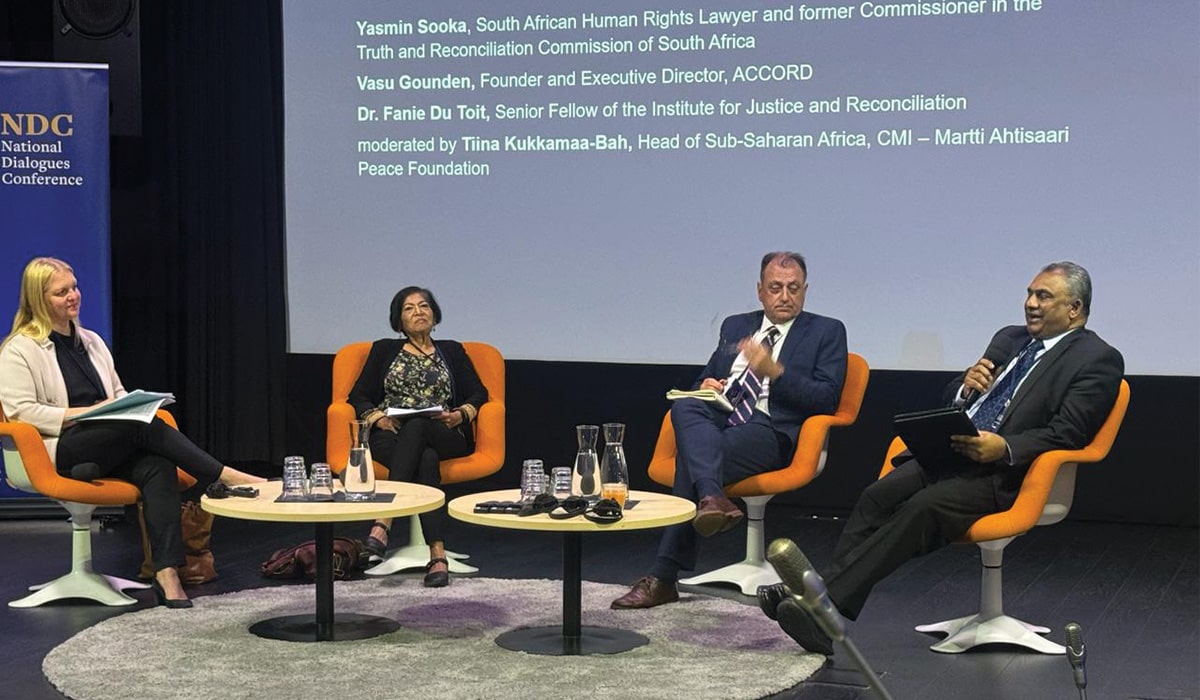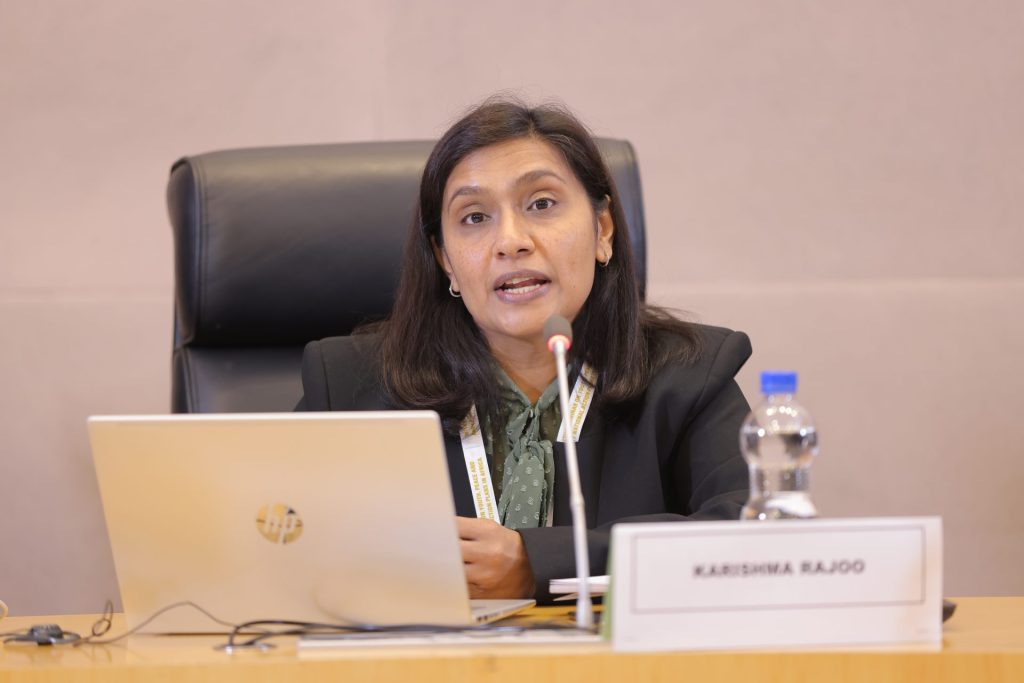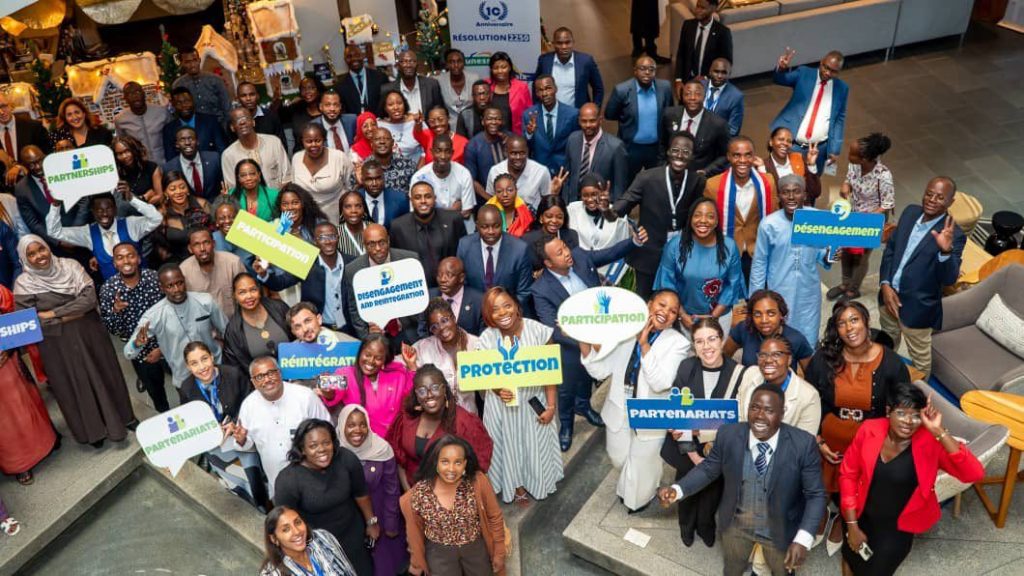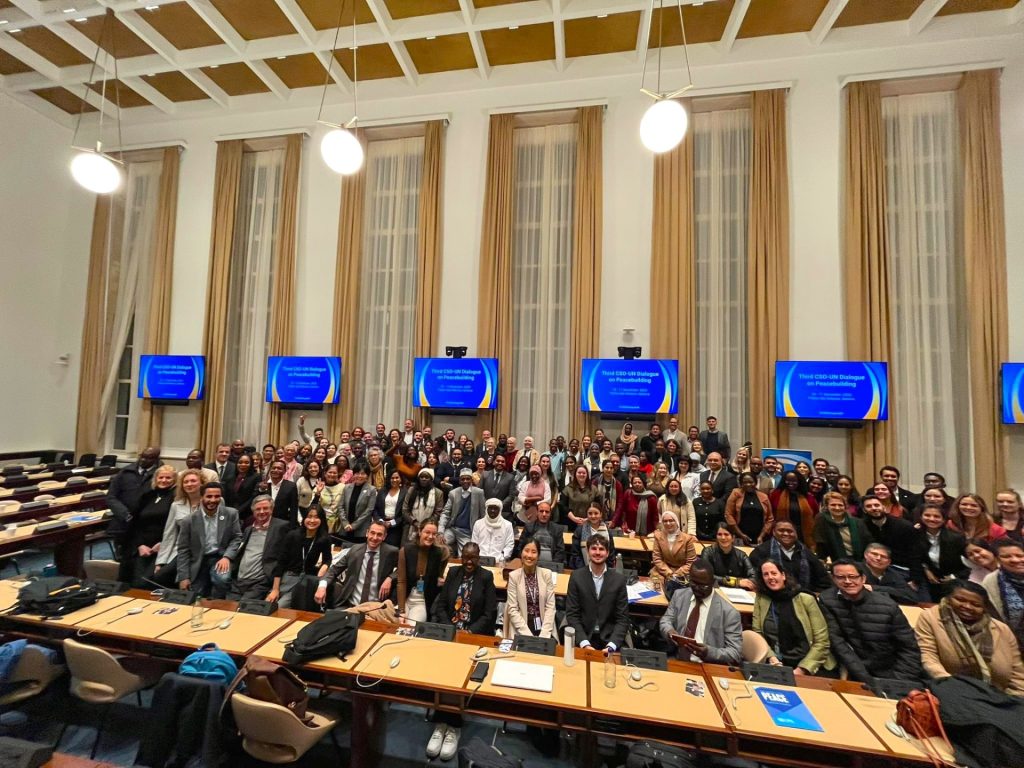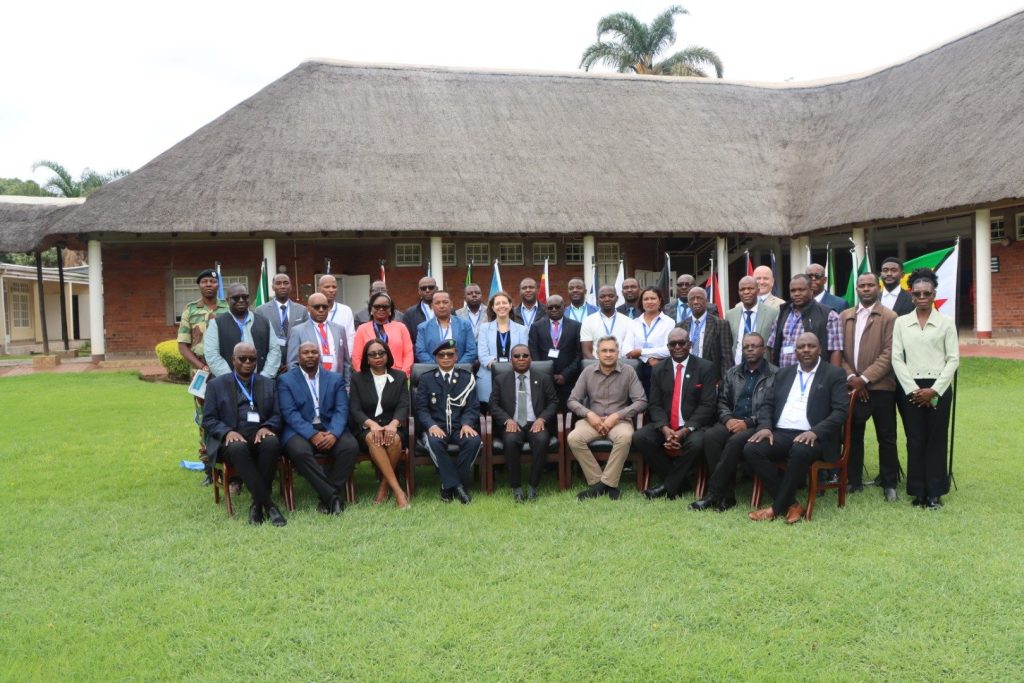Held in Helsinki, Finland, the Ministry for Foreign Affairs of Finland, together with CMI – Martti Ahtisaari Peace Foundation (CMI), Finnish Evangelical Lutheran Mission (Felm) and Finn Church Aid (FCA), and in cooperation with the Abilis Foundation, hosted the Sixth Conference on National Dialogues and Non-Formal Dialogue Processes on 11-12 June 2024. The Conference highlighted the complex and changing landscape of global peace and security and brought together peacemakers and peacebuilders from over 60 countries to share experiences from countries such as Colombia, Afghanistan, Myanmar, Palestine, South Africa, Sudan, and Yemen.
ACCORD’s Executive Director, Dr Vasu Gounden, was a panellist for session on Truth, Justice, and Reconciliation (TRC) in Africa; which addressed key questions related to building just and peaceful societies in Africa, emphasising learnings from the case of South Africa and beyond. The panel included Yasmin Sooka, South African Human Rights Lawyer and former TRC Commissioner of South Africa and Dr. Fanie Du Toit, Institute for Justice and Reconciliation Senior Fellow. The session explored links between inclusive national dialogues and successful reconciliation in transitional contexts, as well as the potential trade-off between justice and peace, as was moderated by CMI’s Head of Sub-Saharan Africa, Tiina Kukkamaa-Bah.
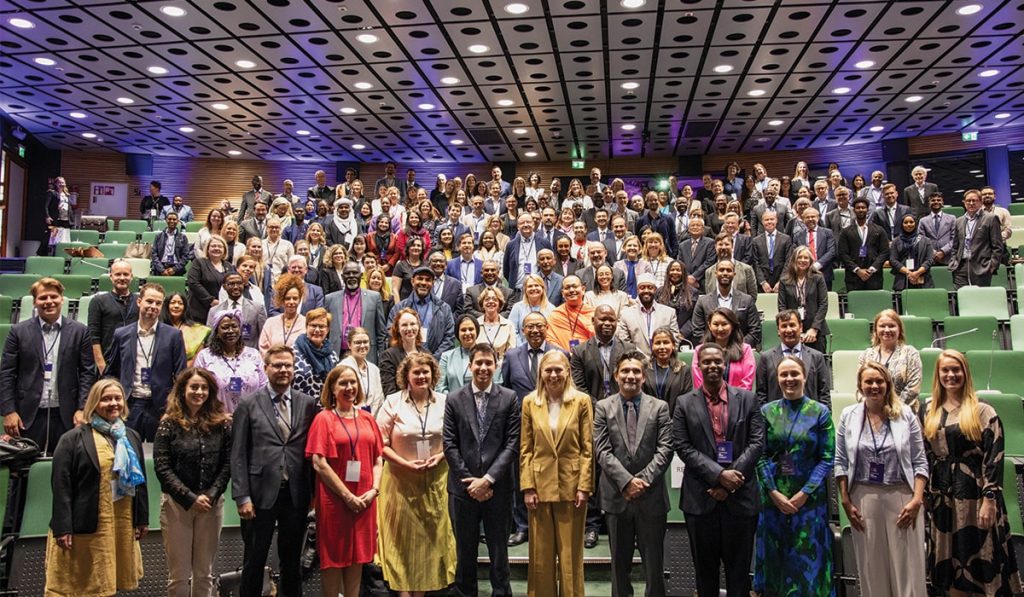
The 6th Conference focused on several issues involved in peace and dialogue processes. The opening high level panel reflected on the lack of references to youth in peace agreements, and the significance of the UNSC Resolution on Youth, Peace and Security to advance peace. Other innovative sessions focused on the integration of human rights in peace mediation and dialogues and efforts to make peace itself a human rights issue; more attention and focus on mental health and psychosocial wellbeing for peacebuilders in conflict-ridden societies; advancing disability inclusion on peacebuilding and with rapid developments in artificial intelligence (AI); and how language models could potentially support inclusive dialogue processes.
The discussions emphasized the importance of local processes and political will as participants pursued insights on the interlinkages between National Dialogues and Elections considering that 2024 is the ultimate election year across the globe. National Dialogues remain an important peacebuilding tool and the sessions further reflected on how dialogue processes can best be adapted to the current political environment and global crises.
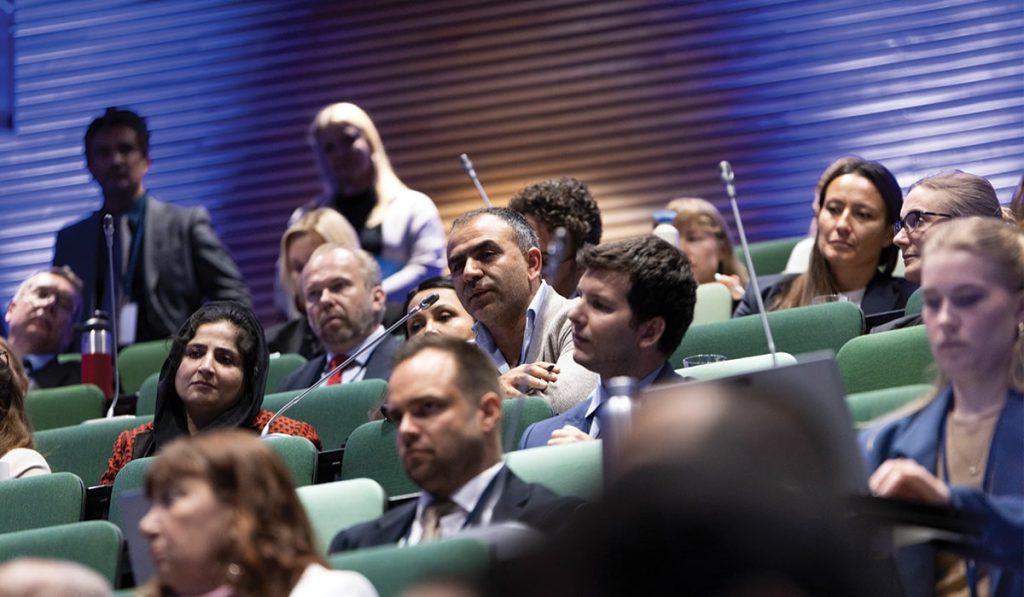
The closing high-level discussion on multilateralism and peaceful resolution of conflicts stressed the relevance of adapting national dialogues to the current peace and security environment, and the role that multilateral organisations can play to support the implementation and monitoring of national dialogues, leading to more concrete actions and results.

